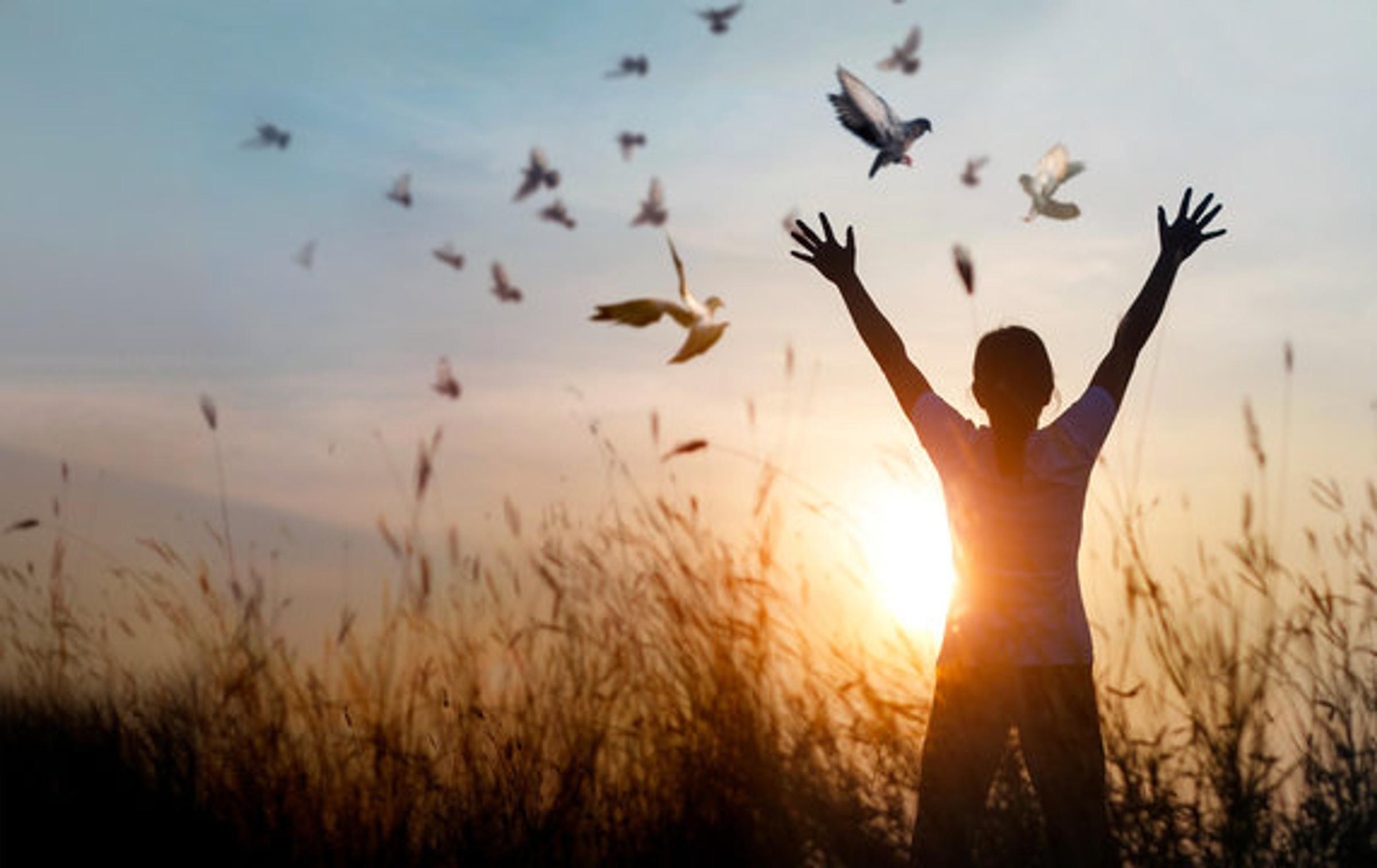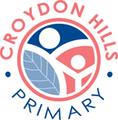Wellbeing & Culture

The Science of Forgiveness
Last week in the newsletter I spoke of the art of apology. This week the spotlight is on forgiveness.
“Forgiveness is making peace, when you didn’t get what you wanted.” – Fred Luskin PhD (Forgiveness expert)
If we look at our school values and go over the school's Student Wellbeing and Engagement Policy’ we know that there is an emphasis in our school community on Restorative Practices (RP). RP is the science of relationships in the context of community. RP is taking social practice and cultural frameworks, scientifically investigating what systems of community engage include all members, guiding each member of the community to independent success and positive health.
“Research has shown that forgiveness is linked to mental health outcomes such as reduced anxiety, depression and major psychiatric disorders, as well as fewer physical health symptoms and lower mortality rates. Researchers have amassed enough evidence of the benefits of forgiveness to fill a book; Toussaint, Worthington and David R. Williams, PhD
Part of the restorative process of resolving conflicts is asking all people involved in conflicts or harm-caused questions to reflect, resolve and restore. We ask both the people harmed, and the people who caused harm: What needs to happen to make things right? We ask the person who caused some harm understanding that the ideal answer is some form or act of apology. But we also ask the person who has been harmed knowing the ideal answer is some form or act of forgiveness, ultimately the ability to make peace with what happened.
Research is clear, forgiveness, and specifically commitment to be a forgiving people, uplifts us and guides us to be a healthy, happy, productive, ready-to-learn community. Everyone makes mistakes, and everyone ends up needing forgiveness at some time or another.
“...forgiveness means to give up moral resentment of the person who has done the wrong.” – Fred Luskin PhD
It is understood that forgiveness typically, naturally takes time. There are implications, and sometimes risks involved. Forgiveness also does not mean that people who have been in conflict must be friends now. Caution and forgiveness do co-exist, but there still needs to be that peace, that willingness to let go of the harm done.
The challenge to our community is; to reflect on forgiveness, its meaning, implications, and call to action. Imagine the weight we let go of when we regularly practice forgiveness.
Forgiveness science video: https://www.youtube.com/watch?v=66Yxs1C_iQo&t =107s
Cheyenne Mason – On behalf of the Wellbeing and Culture Team
Culture
Hi, our names are Syna and Hailey.
Every so often we will be writing a little piece for the cultural page of the Newsletter!
Keep your eyes open for our next appearance!
Lucky superstitions from around the world.
Pretend you’re living back in Colonial America and - whoops! - you dropped a slice of buttered bread.
HOW DID IT LAND?
Butter side down = bad luck
(well duh - it’s now too dirty to eat!)
Butter side up = expect a visitor soon!
Terima kasih,
Syna, Hailey
